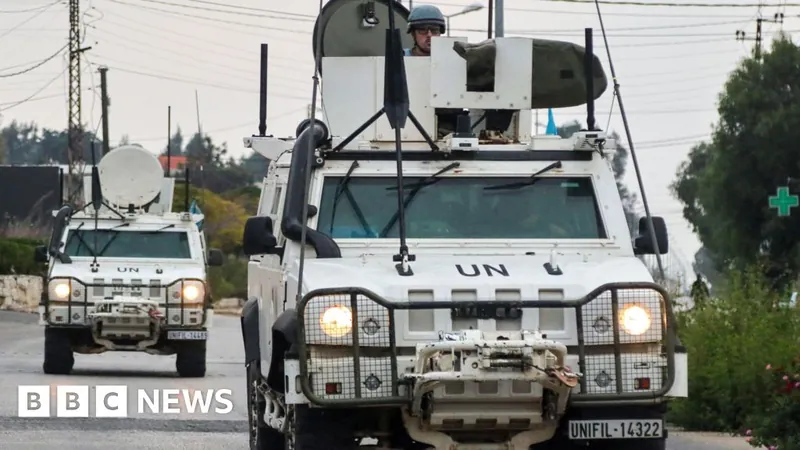
Tensions Rise: US Demands Israel Cease Fire on UN Peacekeepers in Lebanon Amid Ongoing Conflict
2024-10-12
Author: Benjamin
In a stark plea for peace, US President Joe Biden has issued an emphatic call for Israel to halt its dangerous fire on UN peacekeepers during the escalating conflict with Hezbollah in Lebanon. This comes in light of two alarming incidents that occurred within just 48 hours, raising international scrutiny over Israel's military actions.
The Israel Defense Forces (IDF) acknowledged responsibility for a recent incident that left two Sri Lankan peacekeepers from the UN Interim Force in Lebanon (Unifil) injured. According to the IDF, troops operating near a Unifil base in Naqoura opened fire in response to what they perceived as a threat. The military has promised a thorough investigation at the highest levels regarding this incident.
The disturbing events began to unfold on Thursday, leading to injuries of two Indonesian peacekeepers after an Israeli tank shell targeted an observation tower. Reacting to these acts, the leaders of France, Italy, and Spain condemned Israel's use of force against the peacekeepers, labeling the actions as unjustifiable and demanding an immediate cessation.
Sri Lanka's foreign ministry wasted no time in condemning the attack that injured its soldiers, emphasizing the gravity of the situation. Furthermore, the head of UN peacekeeping operations expressed serious concerns, indicating that there is evidence suggesting some of the firing on UN positions was deliberate, yet he refrained from assigning complete blame.
As the situation escalates in southern Lebanon, fierce exchanges continue between the IDF and Hezbollah fighters, with each side launching missiles and rockets across the border. The IDF reported detecting around 100 rockets that surged into northern Israel within a mere half-hour on Friday, accompanied by two unmanned aerial vehicles, one of which was intercepted.
Tragically, civilian casualties have mounted. The Lebanese ministry of health reported the killing of three individuals—among them, a two-year-old girl—in an Israeli raid on Sidon. Additionally, two Lebanese soldiers lost their lives in an Israeli attack on an army post in Kafra. In a statement, Lebanese Prime Minister Najib Mikati lamented the indiscriminate nature of the strikes, which resulted in the deaths of 22 civilians and injuring 117 others during Israeli airstrikes on Beirut.
The backdrop of these events is a dramatic escalation in violence, with Israel having launched a ground invasion into southern Lebanon last month in response to persistent rocket fire from Hezbollah. This cycle of violence traces its roots back to last October, when Hamas initiated a deadly assault in southern Israel, prompting Hezbollah to join the clash in solidarity with the Palestinian cause.
In response to the unrest, Israel has suggested that Unifil has failed to secure stability in the region and has called for peacekeepers to withdraw further northward to allow for a more direct confrontation with Hezbollah. However, the UN has firmly stated that the peacekeeping force will maintain its current position, which consists of about 10,000 personnel from upwards of 50 nations.
The conflict's impact has been dire—over 2,000 lives have been claimed, predominantly during this recent escalation, with hundreds of thousands more displaced. The situation remains tense as Hezbollah continues to fire rockets into Israeli territory, declaring their actions are a show of support for the Palestinian plight, promising to cease attacks only if a lasting ceasefire between Israel and Hamas is achieved.
This ongoing situation is a reminder of the precariousness of peace in the region, and the urgent need for diplomatic solutions as the world watches the unfolding crisis in Lebanon. Will international pressure be enough to alter Israel's course of action, and how much longer can this tumultuous cycle of violence persist? The answers remain uncertain, but one thing is clear: stability in the region hangs in the balance.
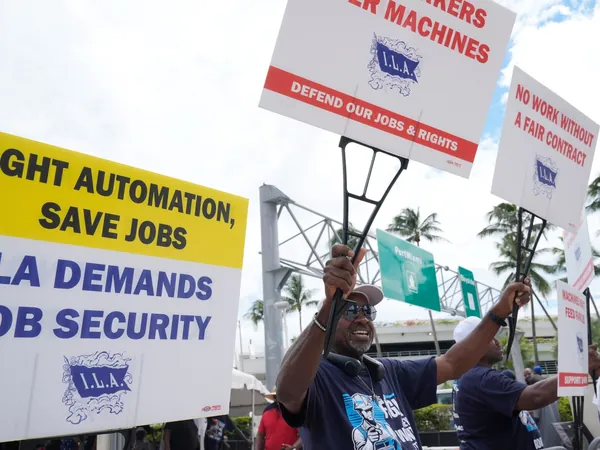


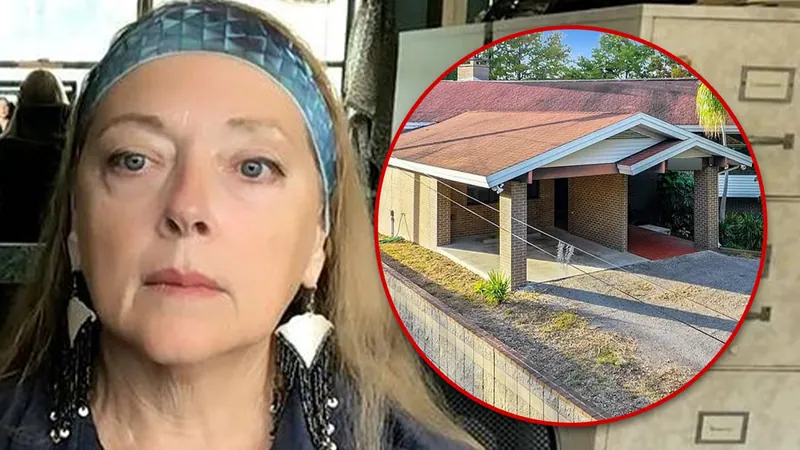

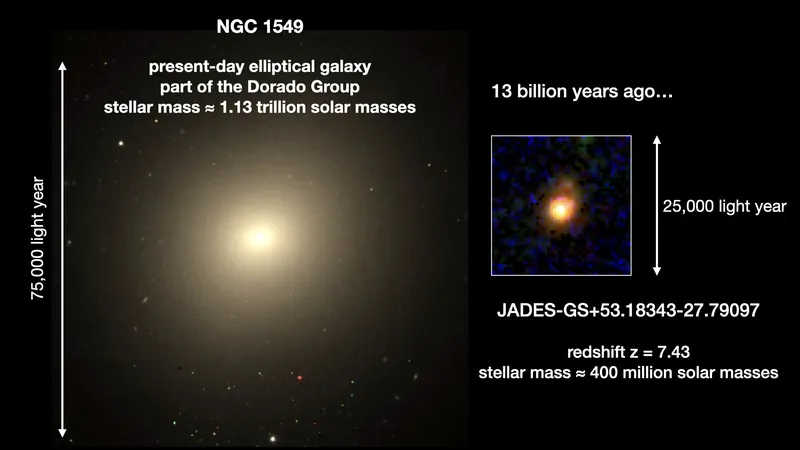

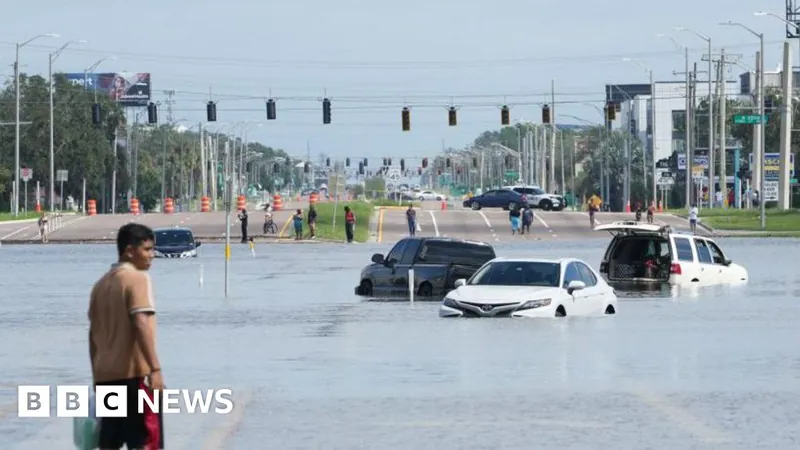

 Brasil (PT)
Brasil (PT)
 Canada (EN)
Canada (EN)
 Chile (ES)
Chile (ES)
 España (ES)
España (ES)
 France (FR)
France (FR)
 Hong Kong (EN)
Hong Kong (EN)
 Italia (IT)
Italia (IT)
 日本 (JA)
日本 (JA)
 Magyarország (HU)
Magyarország (HU)
 Norge (NO)
Norge (NO)
 Polska (PL)
Polska (PL)
 Schweiz (DE)
Schweiz (DE)
 Singapore (EN)
Singapore (EN)
 Sverige (SV)
Sverige (SV)
 Suomi (FI)
Suomi (FI)
 Türkiye (TR)
Türkiye (TR)